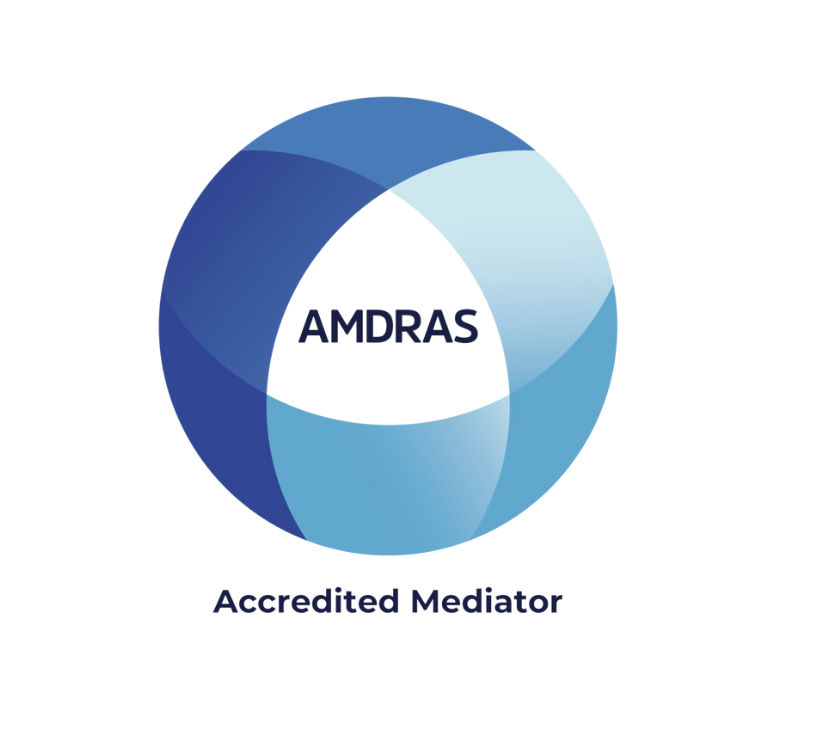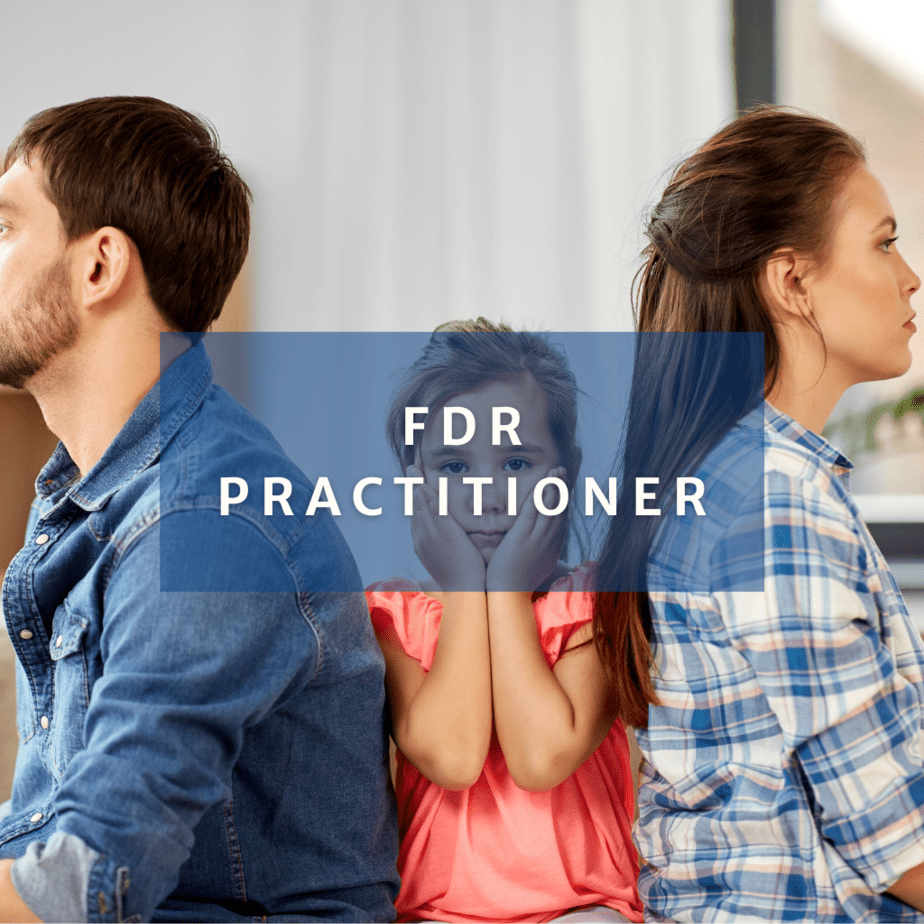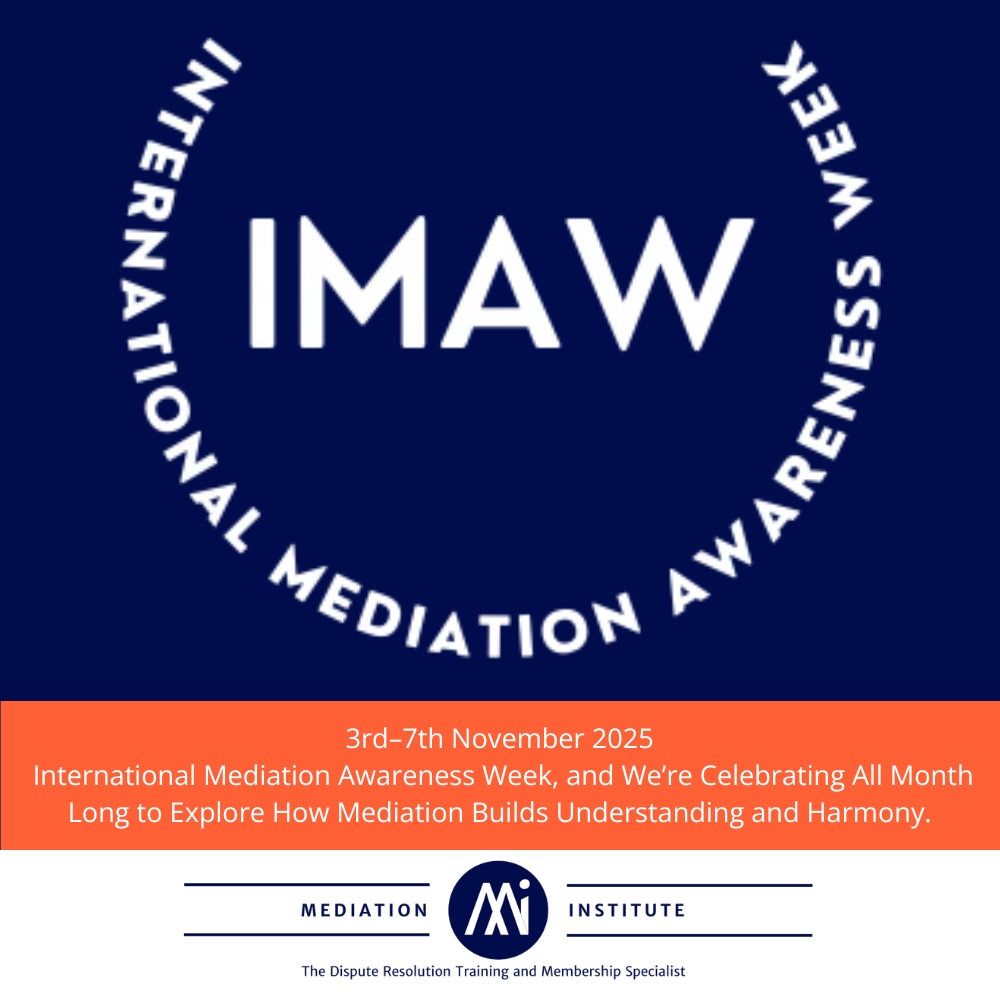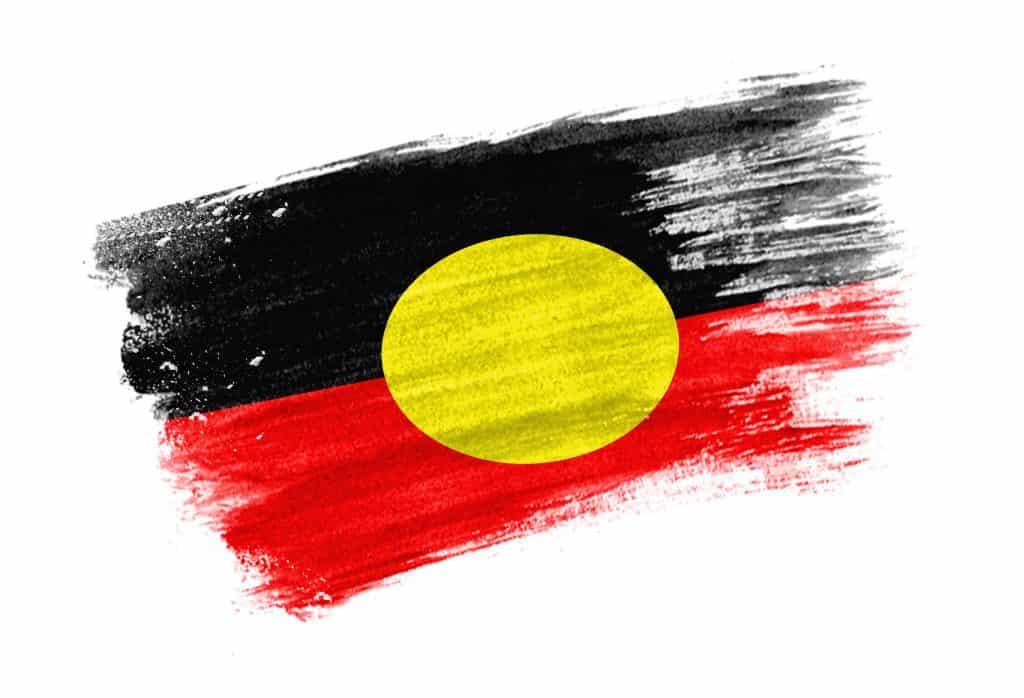
How do I keep track of my professional development?
Professional Development obligations for Mediators and FDR Practitioners in Australia. How to keep track of your ongoing professional development obligations
When looking into mediation training, you’ll come across the terms certified and accredited. While they sound similar, they mean very different things—and understanding the distinction is crucial for your professional development.
Certified means you’ve completed a course and received a certificate. But that doesn’t automatically mean that just completing the course meets a nationally or professionally recognised standard. Usually, it’s a step towards accreditation if the training is provided by an approved provider.
Accredited, or Registered, means that you have met the requirements of an independent accreditation standard. Accreditation usually involves:
Verified training and assessment
Professional Indemnity Insurance
Good character declarations
Police and other relevant checks or declarations regarding complaints, professional disqualifications or similar
Ongoing compliance with professional standards
In short: Certification shows course completion. Accreditation shows professional recognition.
In Australia, Nationally Accredited Training usually refers to qualifications listed on the Australian Qualifications Framework (AQF).
However, the Australian Mediator and Dispute Resolution Accreditation Standards (AMDRAS) do not sit within the Australian Qualification Framework. (AQF)
These standards are set by the AMDRAS board not a qualification in the AQF.
⚠️
AMRAS (formerly NMAS) Training is not an AQF qualification, but it is a highly respected and widely accepted accreditation standard in the mediation industry.
Mediation Institute, is a Recognised Training Provider under the AMDRAS Standards.
We offer training and assessment for people wanting to become nationally accredited as mediators.
This course includes practical training and mentored role-plays
The assessment meets the requirements of AMDRAS and makes people eligible to apply for Accreditation. a
The course is aligned with the AMRAS Standards, including requirements for qualified trainers, coaches and assessors.
Find out more about our AMDRAS Certificate of Training Course

Mediation Institute is also a Recognised Accreditation Provider under the AMDRAS Standards.
We offer independent complaint handling, free for members professional development and AMDRAS accreditation services for qualified applicants.
Find out more about how to apply for accreditation once you meet the training and assessment requirements.
No! You have to apply and be approved for accreditation first.
All Nationally Accredited Mediators in Australia are listed on the National Register once they meet the accreditation provider.
We encourage all users of mediation services to check if their mediator is nationally accredited.
The National Register is in the process of being updated to accommodate changes to accreditation levels permitted under AMDRAS.
The current register is still located here – Register of Nationally Accredited Mediators
We would encourage you not to. That work should be done by registered Family Dispute Resolution Practitioners who have post graduate studies in Family Dispute Resolution, Family Law, Family Violence and are accredited with the Attorney Generals Deparatment.
Registered Family Dispute Resolution Practitioners have confidentiality and inadmissibility protection under the Family Law Act 1975. People who are not may not have the same protections.
⚠️ If you do work with families, such as a Transformative Relationship Mediator, please ensure that you are proactive in informing clients that you are not a family dispute resolution practitioner. We encourage you to include this in your Agreement to Mediate to demonstrate compliance with your ethical and practice standards under AMDRAS we encourage you to clearly indicate that you are not a Family Dispute Resolution Practitioner and are not qualified to be one or authorised to issue section 60i certificates.
The qualification to be a Family Dispute Resolution Practitioner is currently the CHC81115 – Graduate Diploma of Family Dispute Resolution. This is a Level 8 Qualification under the Australian Qualification Framework. That is higher than a degree and AMDRAS training is in no way equivalent to FDR studies.
There are provisions under the Family Law (Family Dispute Resolution Practitioners) Regulations 2025 to allow people to apply for accreditation as a FDRP with a lower level of training combined with other qualifications:
The short course pathway to accreditation that was established in 2009 is no longer recognised for reinstatement, but FDRPs who remain current continue to be registered.
The Family Law (Family Dispute Resolution Practitioner) Regulations 2025 came into effect on the 1st April 2025 replacing regulations established in 2008.

Looking to become a Family Dispute Resolution Practitioner (FDRP)?
Mediation Institute offers the CHC81115 – Graduate Diploma of Family Dispute Resolution, the nationally recognised qualification required to become an FDRP in Australia in collaboration with RTO Inspiritive RTO Code 211178.
Our training is:
✅ Flexible & Online – Study at your own pace with live support from experienced FDR professionals
✅ Practical – Includes a mandatory 50-hour work placement to develop real-world mediation skills
✅ Fully Supported – Get guidance every step of the way from our expert training team
✅ NMAS/AMDRAS -Integrated Pathway – Start with AMDRAS training if you’re new to mediation, or fast-track if you’re already accredited
Whether you’re a lawyer, counsellor, social worker or someone passionate about helping families, our course equips you with the skills to facilitate safe, child-focused dispute resolution.
➡️ Enrol now or book a call to find out if this pathway is right for you: CHC81115 Graduate Diploma Of Family Dispute Resolution | Mediation Institute
Under the 2025 regulations, it will be compulsory for all registered Family Dispute Resolution Practitioners to be listed on the register, whether they are a private practitioner or working for an agency or other business.
We encourage all users of Family Dispute Resolution Services, that is if the mediation is unsuccessful you may need to use the family court, ensure that their mediator is a registered family dispute resolution practitioner.
The FDR Register is also going to be updated.
The current register is located here – Family Dispute Resolution Register – Attorney General’s Department
Independent Family Dispute Resolution Practitioners require independent complaint handling services as a condition of registration. Mediation Institute provides this service as part of our membership.
Find out more about Joining Mediation Institute as a Practitioner Member. Practitioner Member Application Form
⚠️ Important Warning
You must not claim to be a Family Dispute Resolution Practitioner (FDRP) or offer Family Dispute Resolution services until you are officially registered with the Attorney-General’s Department.
Even if you have completed the CHC81115 – Graduate Diploma of Family Dispute Resolution or a recognised certificate course, you are not legally authorised to practise or issue section 60I certificates until your registration is confirmed.
Offering services or advertising as an FDRP without registration may breach Australian law and can have serious legal and professional consequences.
Certification = Course completion certificate (check what standard it’s based on).
Accreditation = Recognition that you meet a professional standard (with initial and ongoing requirements).
AMDRAS = Industry accreditation standard for general mediation.
FDR Practitioner = Legal accreditation under the Family Law Act 1975 and associated regulations for Family Dispute Resolution Practitioners.
AQF training = Australian Qualification Framework training e.g. the CHC81115 – Graduate Diploma of Family Dispute Resolution.
We’re here to help!
Contact us Contact | Mediation Institute

Professional Development obligations for Mediators and FDR Practitioners in Australia. How to keep track of your ongoing professional development obligations

We’re not limiting the power of mediation to one week, we’re celebrating it all month long! Join IMAW25 this November and uncover how mediation helps people find peace through understanding.

Find out more about Acknowledgement of Country, Reconciliation and Cultural Safety resources.